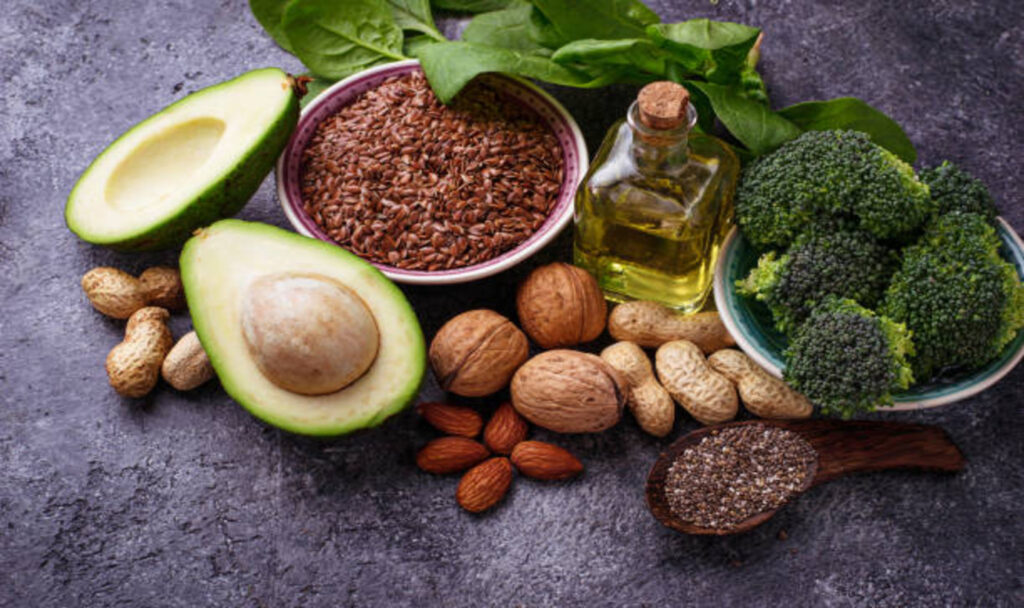Introduction:
Omega-3 fatty acids have gained significant attention for their numerous health benefits, especially in promoting heart health, brain function, and reducing inflammation. While fish and seafood are traditionally known as rich sources of these essential fatty acids, vegetarians can also meet their omega-3 requirements through a variety of plant-based foods. Embracing a vegetarian lifestyle doesn’t mean missing out on these crucial nutrients. In this article, we will explore some of the best omega-3 vegetarian food sources.
Flaxseeds:
Flaxseeds are a treasure trove of nutrition and an excellent source of alpha-linolenic acid (ALA), a type of omega-3 fatty acid. ALA is a precursor to the more active forms of omega-3s like EPA and DHA, though conversion rates in the body can be limited. Grinding flaxseeds before consumption enhances their bioavailability, making it easier for the body to absorb the nutrients. Sprinkle ground flaxseeds over salads, yogurt, or blend them into smoothies for a nutritional boost.
Chia Seeds:
Chia seeds have gained popularity for their impressive nutrient profile, including omega-3 fatty acids. Like flaxseeds, chia seeds are rich in ALA. Additionally, they provide a good amount of fiber and protein, making them a valuable addition to a vegetarian diet. Chia seeds can be soaked in water or plant-based milk to create a gel-like consistency, perfect for making chia puddings, or they can be added to cereals and baked goods.
Walnuts:
Among nuts, walnuts stand out as a noteworthy source of omega-3 fatty acids. These brain-shaped nuts contain a decent amount of ALA and provide a satisfying crunch to your meals. Incorporate walnuts into your diet by sprinkling them over oatmeal, yogurt, or salads. They can also be used in vegetarian-friendly pesto or ground and added to plant-based meat alternatives.
Hemp Seeds:
Hemp seeds are highly nutritious and come packed with complete protein, essential minerals, and omega-3 fatty acids. They offer a good balance of omega-3 and omega-6 fatty acids, contributing to overall heart health. Hemp seeds have a mild, nutty flavor and can be sprinkled on top of soups, smoothies, or avocado toast.
Brussels Sprouts:
Among vegetables, Brussels sprouts boast a surprising amount of ALA. These miniature cabbages are not only rich in omega-3s but also provide essential vitamins and minerals. Roast or sauté Brussels sprouts to enhance their flavors and enjoy them as a side dish or add them to pasta dishes.
Conclusion:
In conclusion, a well-planned vegetarian diet can indeed provide sufficient omega-3 fatty acids to support overall health and well-being. By incorporating flaxseeds, chia seeds, walnuts, hemp seeds, and Brussels sprouts into your meals, you can unlock the power of omega-3s without compromising your dietary preferences. Remember that while these plant-based sources primarily provide ALA, it’s essential to maintain a balanced diet with other nutrients to optimize omega-3 conversion and absorption in the body. So, go ahead and explore the diverse world of vegetarian omega-3 foods to support your journey to a healthier lifestyle.
